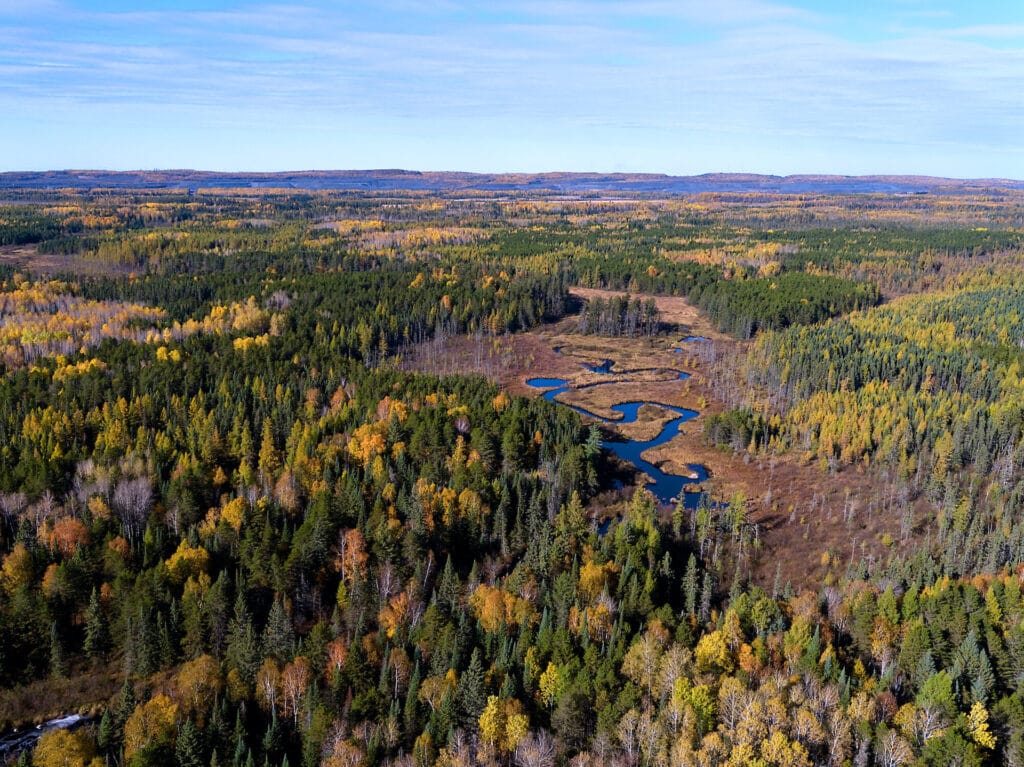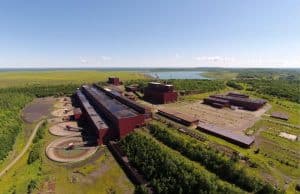The highest court in Minnesota announced this week that it will hear a challenge to a key permit for the proposed PolyMet copper-nickel mine in northeastern Minnesota. The court was asked to do so in response to a petition from environmental groups and a Native American tribe. It will consider the mine’s water pollution permit, and controversy over how state officials kept comments from the Environmental Protection Agency out of the public record.


The Minnesota Center for Environmental Advocacy (MCEA), WaterLegacy, and the Fond du Lac Band of Lake Superior Chippewa filed the petition to review a Court of Appeals decision from January. The lower court ruled that the federal agency comments critical of the water permit were improperly kept out of the public record, but there would be no legal consequences, such as overturning the permit.
“At the Minnesota Supreme Court, MCEA will make the case that these violations of Minnesota law and rules resulted in a fatally flawed permit that doesn’t protect our water or the people downstream,” said Kathryn Hoffman, CEO of MCEA.
It took several Freedom of Information Act requests and other legal efforts to reveal the EPA’s comments on the PolyMet water permit, which said the permit violated the federal Clean Water Act. The investigations also discovered an apparent attempt by officials at the Minnesota Pollution Control Agency to ensure it didn’t have to publicly respond to the EPA’s concerns.
“It is so important that Minnesota agencies be held accountable when they circumvent laws that were meant to protect the integrity of the regulatory process,” Paula Maccabee, counsel for WaterLegacy, told the Associated Press.

Several other groups concerned about the mine and the permitting process have also joined the case. The Supreme Court granted amici curiae permission to the EPA employee union, local administrative law professors, government integrity groups, and an organization representing Minnesota well owners to be “friends of the court” in the case.
The high court also granted the appellants’ request to review parts of the permit regarding groundwater pollution and numeric limits on pollutants. The court has not yet set a date for oral arguments.
More information:
- Minnesota Supreme Court to hear PolyMet water permit appeal – MCEA
- Minnesota Supreme Court to take up PolyMet water permit case – Duluth News Tribune

